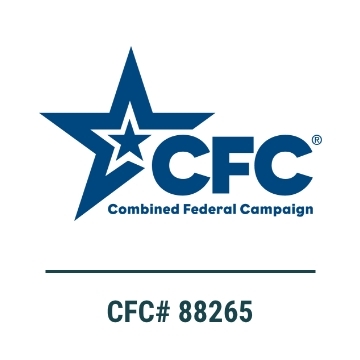PACER Center
Supporting your child’s behavior needs at school can be challenging. For a child with a disability or mental health diagnosis with behavioral needs it can be even more challenging. As a parent, you may find yourself among competing approaches to handling behavior concerns. Planning ahead for an individualized meeting about your child’s behavior needs will help you explain your own ideas about the best way to help your child in addition to listening to the ideas of others.
View behavior as an opportunity to learn about your child
As you prepare for the meeting, consider why your child may have challenging behaviors. Is your child responding to something in their environment that isn’t working for them? Is your child behaving this way because of an unmet need? Is this an automatic or involuntary response related to their disability? When negative behaviors persist, it’s important to ask these questions to learn more about your child.
Adults usually react to children’s behavior out of their own personal experiences, training, and beliefs. Be sure to give careful thought to what might be impacting your child’s actions. Take time to think about your child’s strengths, specific needs, medical or mental health diagnoses, and any additional information that might be helpful to share and consider when meeting with school professionals about your child’s behavior needs. Recognize that your own self care needs or current and ongoing stress can also influence how you view your child’s behavior challenges and needs.
It takes practice to view a child’s negative behaviors as an opportunity. If we are used to viewing our child’s actions as misbehavior, then we likely limit our response to a quick fix, such as punishment. For example, one child’s inappropriate language during reading class is problematic, and as a consequence the child is repeatedly removed from class. Since the troubling behavior continues, the parent decides to use this an opportunity to learn more. The parent asks questions of the teacher and learns that the inappropriate language happens when the class is taking turns reading out loud. The parent knows that the child struggles with reading and discovers that each student in class is called on to read out loud. From speaking with the child, the parent knows she would rather be removed from the class than be embarrassed by other students who might laugh at her if she struggles to read out loud. It is essential that parents and professionals search for the meaning behind the behavior rather than only responding to the behavior.
Read more. PACE Center.

























